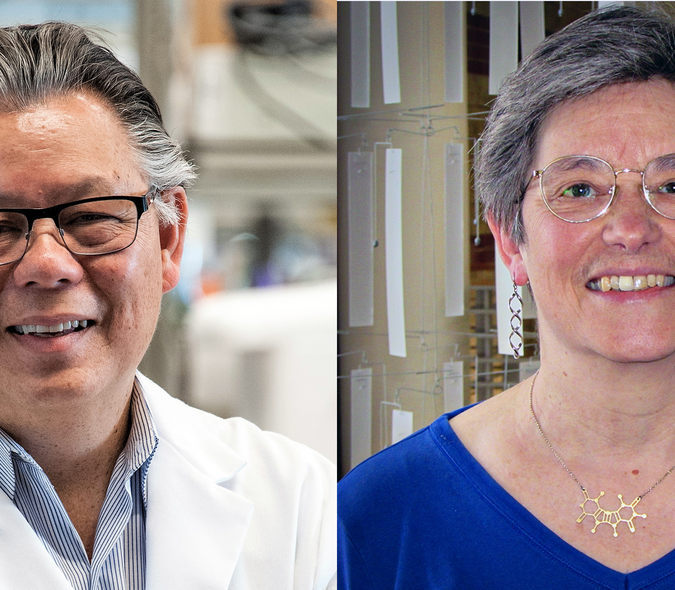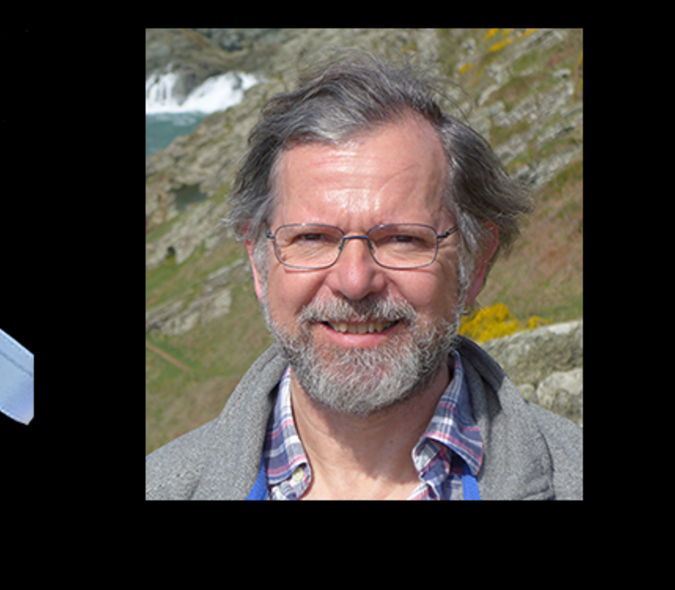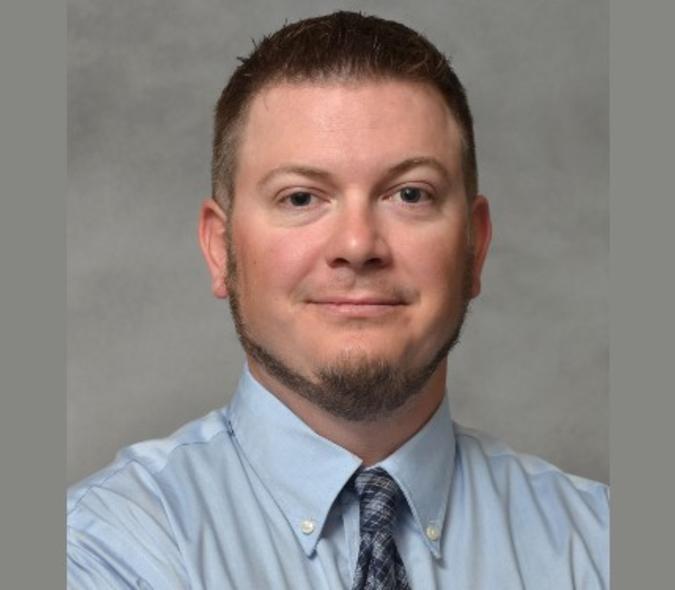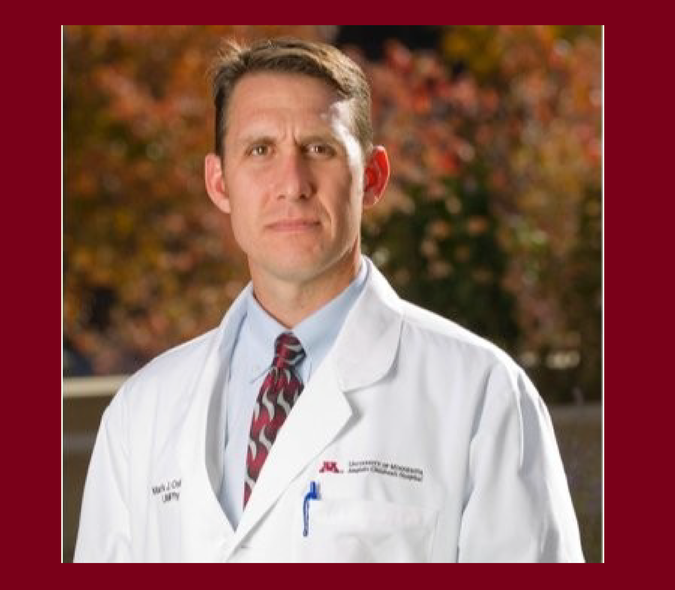Notable Research News and Publications
SCI faculty member's genome engineering technology attracts funding for start-up company
 SCI member Branden Moriarity, PhD, Assistant Professor of Pediatrics, has developed genome engineering technology that enables natural killer (NK) cells to be efficiently engineered as an off-the-shelf customizable cell therapy to treat solid tumor cancers. Moriarty is one of two scientific founders of Catamaran Bio, the first UMN startup to attract funding from a top-tier venture capital firm. Learn more.
SCI member Branden Moriarity, PhD, Assistant Professor of Pediatrics, has developed genome engineering technology that enables natural killer (NK) cells to be efficiently engineered as an off-the-shelf customizable cell therapy to treat solid tumor cancers. Moriarty is one of two scientific founders of Catamaran Bio, the first UMN startup to attract funding from a top-tier venture capital firm. Learn more.
SCI faculty member's research improves the process of growing heart muscle cells
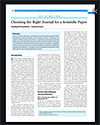 SCI member Sunny Chan's research team has developed a process for deriving cardiomyocytes (heart muscle cells) from stem cells that is technically simpler and less expensive than existing methods. Read the paper.
SCI member Sunny Chan's research team has developed a process for deriving cardiomyocytes (heart muscle cells) from stem cells that is technically simpler and less expensive than existing methods. Read the paper.SCI Faculty launch clinical trial to treat metastatic GI cancer
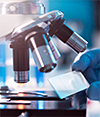 Stem Cell Institute faculty members Branden Moriarity, Beau Webber, and R. Scott McIvor have opened a new clinical trial for the treatment of metastatic gastrointestinal solid tumor cancer in partnership with the National Cancer Institute. Read more about this pioneering study.
Stem Cell Institute faculty members Branden Moriarity, Beau Webber, and R. Scott McIvor have opened a new clinical trial for the treatment of metastatic gastrointestinal solid tumor cancer in partnership with the National Cancer Institute. Read more about this pioneering study.
American public opinion about research involving human-animal chimeric embryos

SCI faculty member Walter Low and others recently published the results of a survey that indicates that the American public is ready to accept research involving human-animal chimeric embryos (HACE) in a variety of forms. Read the paper.
SCI faculty member develops functioning 3D-printed human heart pump
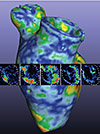 Researchers in Dr. Brenda Ogle’s lab at the University of Minnesota used a new sequence of techniques to 3D print a functioning centimeter-scale human heart pump - a discovery that could have major implications for studying heart disease. Learn more and access videos of the 3D printing process and its outcome.
Researchers in Dr. Brenda Ogle’s lab at the University of Minnesota used a new sequence of techniques to 3D print a functioning centimeter-scale human heart pump - a discovery that could have major implications for studying heart disease. Learn more and access videos of the 3D printing process and its outcome. SCI faculty member creates a cell line that can rapidly prodoce SARS CoV-2 spike proteins
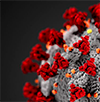 SCI faculty member, Wei-Shou Hu, is working with researchers in the University of Minnesota Medical School to create a cell line that can rapidly produce SARS CoV-2 spike proteins. Learn more.
SCI faculty member, Wei-Shou Hu, is working with researchers in the University of Minnesota Medical School to create a cell line that can rapidly produce SARS CoV-2 spike proteins. Learn more. Dr. Walter Low and Dr. Clifford Steer of the Stem Cell Institute just received confirmation of an NIH grant entitled "Generating Exogenic Hippocampal Neural Cells via Blastocyst Complementation for Transplantation in Alzheimer's Disease." Read more.
SCI faculty member explores the pathological mechanisms of chronic muscle disease

SCI faculty member Dr. Michael Kyba has developed a mouse model of fasioscapulohumeral muscular dystrophy (FSHD), which is caused by the loss of repression of the DUX4 gene, leading to low levels of the DUX4 protein in affected individuals' muscles. The model provides new insight into the disease progression and the mechanism of muscle pathology. Read the paper.
SCI faculty are working on new diagnostics and therapeutics to address the COVID-19 outbreak
We summarize four new initiatives from SCI Faculty: Bruce Walcheck, Mark Osborn, Walter Low and Mei Bigliardi-Qi.
Perspective: SCI Faculty member comments on chimeras to solve organ shortages
 Dr. Daniel Garry - a member of the Stem Cell Institute - combines perspectives from medical research and ethics in a discussion about efforts to address shortages of organs for transplantation using human-pig chimeras to produce "humanized" vasculature and blood.Read the paper.
Dr. Daniel Garry - a member of the Stem Cell Institute - combines perspectives from medical research and ethics in a discussion about efforts to address shortages of organs for transplantation using human-pig chimeras to produce "humanized" vasculature and blood.Read the paper.SCI Faculty member engineers a model of arterial calcification
 Accumulation of calcium in the vascular structures is a common process that can lead to cardiovascular disease and death. SCI Faculty member, Robert Tranquillo, PhD, has co-authored a paper describing a unique innovation aimed at speeding up the development of new therapies to manage arterial calcification. Read the paper.
Accumulation of calcium in the vascular structures is a common process that can lead to cardiovascular disease and death. SCI Faculty member, Robert Tranquillo, PhD, has co-authored a paper describing a unique innovation aimed at speeding up the development of new therapies to manage arterial calcification. Read the paper.
